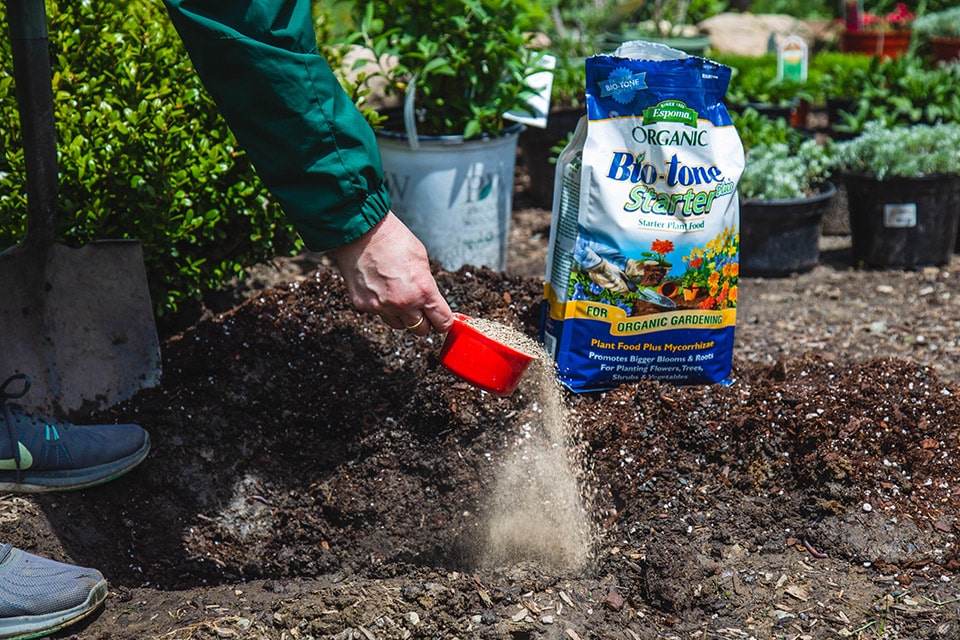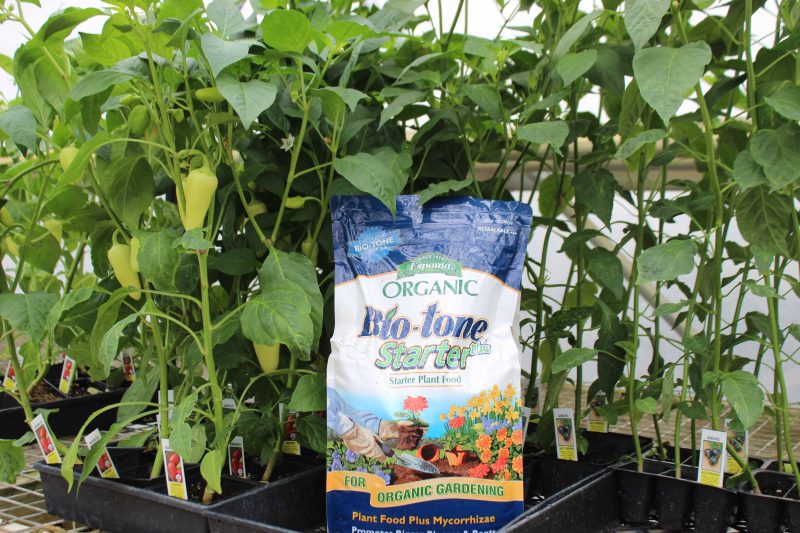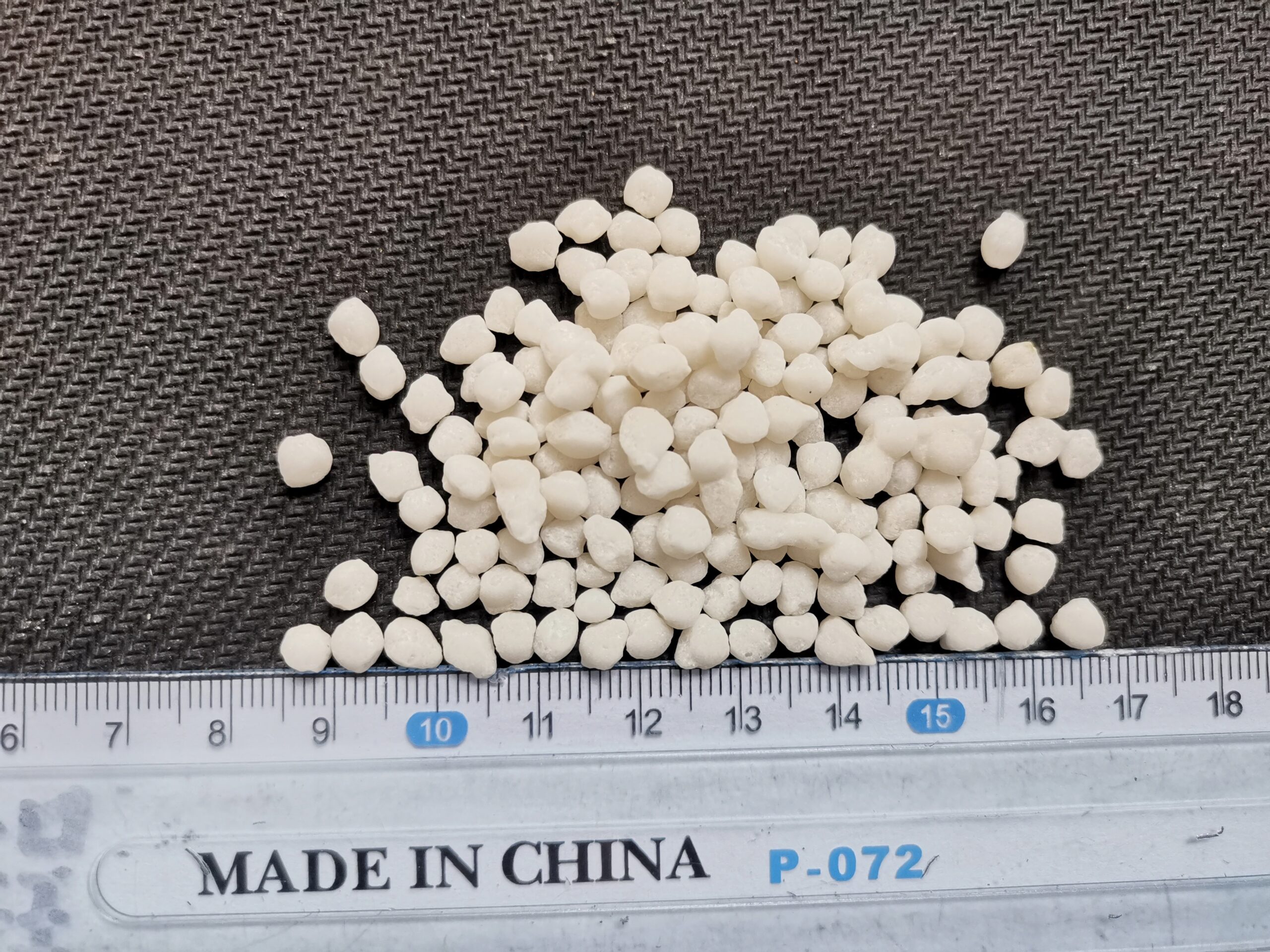Introduction to Berry Tone Organic Fertilizer
Welcome to Berry Tone Organic Fertilizer, a fertilizer for organic berry gardeners. The fertilizer is specially designed for berry plants that crave nutrients for maximum yield and health.
Another distinction that sets Berry Tone apart is its natural ingredients, which nourish plants by replenishing soil nutrient balance with a balanced diet of essential nutrients for berry plants. According to Dr Elaine Ingham, an amendment-leader in the world of soil biology, organic fertilizer is vital for soil health: ‘Organic fertilizers facilitate a boost in soil biology, which in turn increases the ability of the plant to uptake the nutrients in the soil and overcome environmental stresses.’ Berry plants love the loose, nutrient-rich and well-aerated soil.
There’s no question that berry gardening would be less effective without a Berry Tone Organic Fertilizer. Berry tone is an organic fertilizer that supports strong plant growth and fruit production without chemicals, an essential part of organic gardening. Berry tone is a useful organic fertilizer for strawberries, blueberries, and raspberries.
Benefits of Using Berry Tone Organic Fertilizer in Your Garden
All gardeners who grow berry plants can benefit from a healthy, effective fertilizer called Berry Tone Organic fertilizer. Using this special organic plant feed can turn your berry garden into fruitful nirvana.
Better Soil: This new cocktail of organic materials that Berry Tone brings to the soil will strengthen its structure and fertility. Strong soil is especially important for berry plants, notorious for their requirement for good, fertile soil. Healthier toxin breakdown, greater retention of water and nutrients in the soil, better microbial food and habitat – all benefit the vitality of your plants. Our organic matter will improve your soil’s ability to hold water and nutrients.
Dr Linda Chalker-Scott of Washington State University concludes on healthy soil: ‘One of the most significant benefits of applying organic fertilizers to the soil is the build-up of organic matter, and without a doubt, the retention of organic matter is one of the most useful characteristics of a healthy soil.’
Berry Varietal Specificities: Different types of berries have diverse nutritional needs. Berry Tone is fine-tuned to a wide scale:
Berry Tone was especially beneficial to strawberries because their roots found the high potassium content very helpful; stronger root systems were formed and higher-quality fruits were produced.
It also helps that blueberries like acidic soil conditions, and Berry Tone maintains the optimal soil pH levels for their growth, which would optimise the availability of nutrients for take-up by blueberry plants.
Raspberries appreciate the balanced nutrition of Berry Tone, especially the enhanced levels of nitrogen and phosphorus which promotes tremendous vigour and crop production.
Berry Tone Organic fertilizer is composed of organic ingredients that sustainably feed your berry plants to grow stronger and healthier throughout the season. Its slow-release formulation reduces the risks of nutrient run-off that can contaminate the environment and result in poor water quality in ecosystems. Ultimately, your improved berry plants will create tastier, brighter and more nourishing produce for your family.

How to Apply Berry Tone Organic Fertilizer for Optimal Results
By using Berry Tone Organic Fertilizer in the right amount, in the correct way, and at the ideal time, you’ll be able to get the best performance from your organically grown berries. Below is a step-by-step breakdown of how to use this special fertilizer so that you can always obtain premium results.
Timing of Application:
- Spring: About the time of bud break, or with new growth. This early season application provides nutrition that offers disease resistance and encourages robust leaf and stem growth (lots of foliage equals big berries).
- Pre-Fruiting: Apply a second dose right before flowering starts to ensure the plants have enough nutrition to cover the needs of flower set and fruit development.
Method of Application:
- Granular Fertilizer:
- Sow sparingly in a circle around the base of each plant, evenly across the entire root zone, but without making contact with plant stems that could get burned.
- Work the fertilizer into the top inch or two of soil with a rake or hand tool, then water the area deeply to help push the nutrients down into the soil.
- Liquid Fertilizer:
- Dilute Berry Tone to the strength suggested on the package and apply with a watering can or a hose-end sprayer if using the liquid form.
- Direct the stream of liquid at the bottom of the plants, to make sure that the roots get the most benefit.
Dosage:
- Just follow the directions on the Berry Tone package. You can kill plants if you add too much fertilizer (known as nutrient burn) and they won’t perform as well if you add too little.
- Adjust the rates based on the plants’ response to, and growth habits unique to, the season. If plants seem stressed or like they’re not growing well, or if foliage color is off (such as yellowing leaves, indicating possible nitrogen deficiency), adjust the dosing slightly.
Frequency of Application:
- You can apply Berry Tone as indicated above twice during the growing season – but some gardeners also see the need for a second application mid-season. For fast-growing or prolific varieties, this might be advisable.
- Check your plants and your soil nutrient levels (tested periodically) for the need for additional applications.
These steps will provide the nutrients your berry plants need at the right time and ensure a healthy and bountiful harvest for years to come. Use Berry Tone Organic Fertilizer to assure you have a naturally healthy and beautiful berry garden.
Comparing Berry Tone to Other Organic Fertilizers
If you’ve decided that organic fertilizer is the way to go for a berry garden, you still have the choice between Berry Tone Organic Fertilizer and several competitors in the fertilizer market. Here is a side-by-side analysis. Consider the following information regarding nutrient content, cost-effectiveness, and environmental impact.
Nutrient Content Comparison:
- Berry Tone is well-rounded in its nutrients and tailored for the needs of berry plants, often with a higher margin of phosphorus and potassium – two essential nutrients for fruit growth and critical for plant health.
- Other organic fertilizers: There is often not a targeted nutrient balance in generic organic fertilizers, and you may need to add supplements such as seaweed extract to address the specific requirements of your berries.
Cost-Effectiveness:
- Berry Tone, by custom-blending the nutrients in a balanced combination, generally translates to healthy growth using less product over the long run, thus proving to be more cost-effective.
- Generic Organic Fertilizers may at first glance look inexpensive, but the need for additional nutrient supplementation can inflate costs.
Environmental Impact:
- Because it is more precisely targeted to the soil compared with other organic fertilizers, as well as synthetic fertilizers, Berry Tone, according to Perko, is the more environmentally friendly alternative. Often, concerns about runoff have to do with runoff from commercial farms being blown into urban areas. Runoff may be better understood when we consider the damage it can cause to nutrient-sensitive bodies of water when too many nutrients, such as nitrogen and phosphorus, end up in them.
Testimonials and Case Studies:
- Many gardeners have reported higher yields and healthier plants when using Berry Tone compared with other fertilizers. For example, a case study of a commercial berry farm in Oregon yielded a 20 percent increase in berry production after conversion to a Berry Tone program due to the active extraction of nutrients provided by the soil mix, and their rate of delivery to plant metabolism.
Keeping this in mind, if we compare Berry Tone to other organic manures, we can readily see that, while there are many alternatives, Berry Tone is special because of its unique formulation, providing the best results for berry fruit crops. This way, it engenders vigorous plantational growth and high-quality product, all the while being sustainable and safe for the environment. As such, Berry Tone is perfect for any gardeners who want the best for their plants as well as the planet.

Troubleshooting Common Issues with Berry Tone Fertilizer
Using Berry Tone Organic Fertilizer can produce varying outcomes, depending on the conditions of your garden and the plants’ reaction. Here are a few of the common problems you might have while using Berry Tone and how to get around them.
Under-Fertilization:
- Warnings: Your berry plants may be under-fertilized if they exhibit stunted growth, yellow or pale leaves, and/or reduced fruit production.
- Solution: Apply Berry Tone more often or at a higher rate. Do a soil test and re-evaluate your fertilizer program based on the particular deficiencies identified to guarantee that your plants receive the correct nutrients they require.
Over-Fertilization:
- Symptoms: Signs of over-fertilization include salt accumulation in the soil; leaf burn; an excessive amount of foliage growth with little or no fruit development.
- Solution: Flush excess nutrients out of the soil by reducing fertilizer applications and running a hose over your lawn. From now on, stick to application rates and schedules.
Nutrient Imbalance:
- Signs: Nutritional imbalances can occur when the nutrient provided by the fertilizer is part of the plant’s diet but not the complete recipe: the symptoms can manifest in different leaf discolorations, altered habit (how the plant grows), shape, and form.
- Solution: Are Berry Tone’s nutrients the right ones? If not, replace it with a fertilizer that provides the right nutrients for your berry type. Add extra supplements if Berry Tone is deficient for that berry type.
Adjusting Fertilization Practices Based on Soil Tests and Plant Performance:
- Soil Testing: Test the soil on a regular basis to measure nutrient levels and pH balance, and then fertilize your plants according to the results so you can maximize your plants’ health and fruit quality.
- Plant Monitoring: But check plant performance and health often, monitoring for water stress, or signs of nutrient deficiency that may indicate a need to change the type, quantity, or frequency of Berry Tone application.
Application Techniques:
- Even Application: Make sure Berry Tone has been applied evenly and at the right time, otherwise nutrient uptake won’t be effective.
- Proper Tools: Fertilizer can be spread with a spreader (for granular fertilizer) or sprayed (for liquid fertilizers). It is important to avoid direct contact and always wash your hands to prevent fertilizer poisoning.
With an understanding of these common problems and the suggested solutions, you’ll be able to make the best use of Berry Tone in your garden and increase the health of your plants and your berry crop. Modifying your practice based on other garden conditions and ongoing observations will maintain optimal growth and productivity for your berries.
Troubleshooting Common Issues with Berry Tone Fertilizer
Using Berry Tone Organic Fertilizer can produce varying outcomes, depending on the conditions of your garden and the plants’ reaction. Here are a few of the common problems you might have while using Berry Tone and how to get around them.
Under-Fertilization:
- Warnings: Your berry plants may be under-fertilized if they exhibit stunted growth, yellow or pale leaves, and/or reduced fruit production.
- Solution: Apply Berry Tone more often or at a higher rate. Do a soil test and re-evaluate your fertilizer program based on the particular deficiencies identified to guarantee that your plants receive the correct nutrients they require.
Over-Fertilization:
- Symptoms: Symptoms of over-fertilization include salt accumulation in the soil; leaf burn; an excessive amount of foliage growth with little or no fruit development.
- Solution: Flush excess nutrients out of the soil by reducing fertilizer applications and running a hose over your lawn. From now on, stick to application rates and schedules.
Nutrient Imbalance:
- Signs: Nutritional imbalances can occur when the nutrient provided by the fertilizer is part of the plant’s diet but not the complete recipe: the symptoms can manifest in different leaf discolorations, altered habit (how the plant grows), shape, and form.
- Solution: Are Berry Tone’s nutrients the right ones? If not, replace it with a fertilizer that provides the right nutrients for your berry type. Add extra supplements if Berry Tone is a deficient fertilizer for that berry type.
Adjusting Fertilization Practices Based on Soil Tests and Plant Performance:
- Soil Testing: Test the soil on a regular basis to measure nutrient levels and pH balance, and then fertilize your plants according to the results so you can maximize your plants’ health and fruit quality.
- Plant Monitoring: But check plant performance and health often, monitoring for water stress, or signs of nutrient deficiency that may indicate a need to change the type, quantity or frequency of Berry Tone application.
Application Techniques:
- Even Application: Make sure Berry Tone has been applied evenly and at the right time, otherwise nutrient uptake won’t work.
- Proper Tools: Fertilizer can be spread with a spreader (for granular fertilizer) or sprayed (for liquid fertilizers). It is important to avoid direct contact and always wash your hands to prevent fertilizer poisoning.
With an understanding of these common problems and the suggested solutions, you’ll be able to make the best use of Berry Tone in your garden and increase the health of your plants and your berry crop. Modifying your practice based on other garden conditions and ongoing observations will maintain optimal growth and productivity for your berries.
Conclusion
In conclusion, Berry Tone Organic fertilizer isn’t just a plant food; it’s part of a system that promotes a natural, sustainable approach to gardening – one that focuses on keeping plants healthy while protecting the environment. The ingredients in Berry Tone were specifically formulated for berry plants to make sure they get precisely the nutrients they need.
When you elect Berry Tone for your gardens and landscapes, you agree to use practices that improve the vigour, health and productivity of your plants – and – simultaneously contribute to the environmental health of your entire gardening space by reducing harmful chemical run-off, and producing a safe habitat for beneficial insects and wildlife… thus promoting biodiversity.
Berry Tone Organic Fertilizer is for gardeners who want the healthiest plants, the most productive berry garden, and an enduring relationship with the earth. With Berry Tone Organic fertilizer, you can feel good you are planting produce foods, building the soil, and feeding the plants, all at once. EAT YER WARDS!
Berry Tone is your partner in the quest for a cleaner earth and more healthful food supply – a natural, but essential, member of your victorious organic berry garden. Get in tune with nature by getting into tune with Berry Tone.
Here are some academic references about using Berry Tone Organic Fertilizer :
- Using Organic Nutrient Sources – Penn State Extension:
- This resource discusses different types of organic fertilizers, including those that might be similar to Berry Tone, and their implications for organic crop production.
- Which Fertilizer Is Best? – N.C. Cooperative Extension:
- This guide includes information on different organic fertilizers, like Plant-tone and Garden-tone, which are often used in gardens and might provide insight into how Berry Tone compares.
- Selecting and Using Organic Fertilizers – USU Extension:
- Offers guidance on how to select and use organic fertilizers for optimal plant growth, which can be applicable when using products like Berry Tone.







